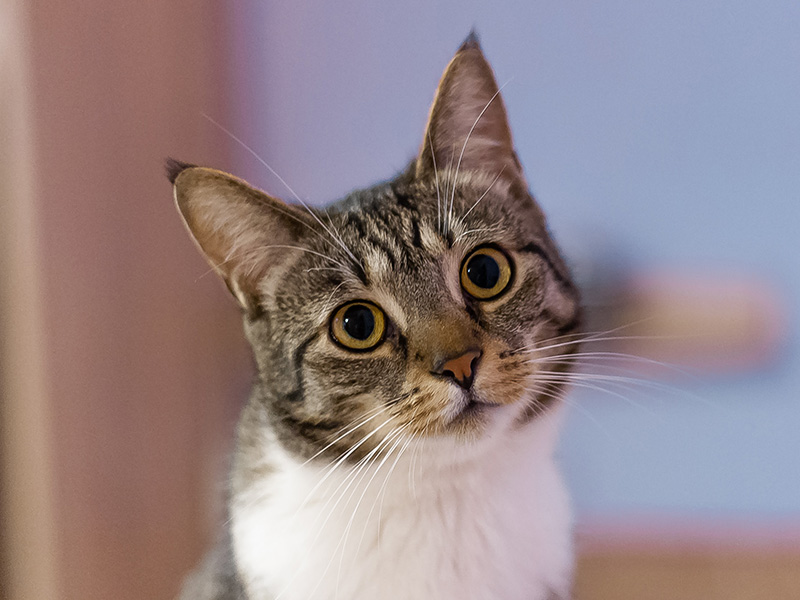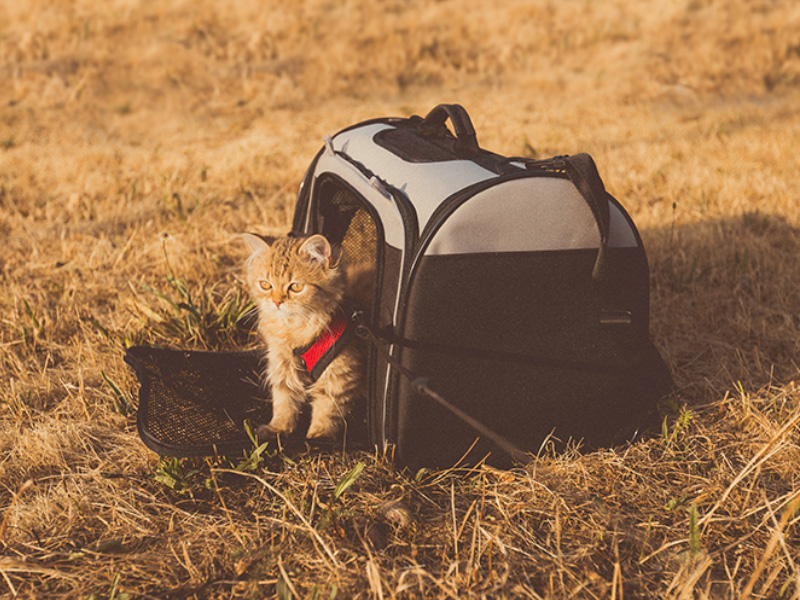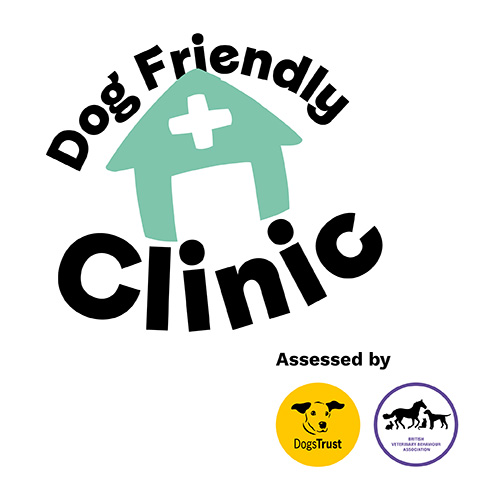Slugs, snails and their trails
Slugs, snails and their trails
Lungworm infection in dogs is caused by a parasitic round worm and the most common in the UK is called Angiostrongylus vasorum but there are a few different types of roundworm that are called ‘lungworm’. The symptoms can be vague and varied and range from coughing and breathing difficulties to unexplained bleeding and bruising on the skin. In severe cases, seizures or blindness can develop. Your pet picks up the infection by eating infected slugs or snails or even just licking leaves or grass where they have been. Slugs and snails can be infected with the larvae which is the immature stage of the lifecycle. Once your pet ingests the larvae of the worm it then moves around the body and matures into the adult worm. Eventually the adult worms end up in the lungs, heart and the major blood vessels connecting to the lungs. Once, it was uncommon in the UK but is becoming more widespread.
Why should I worry?
It can’t be caught by people but it can cause some dogs to become very poorly. Often the symptoms go unnoticed by owners because symptoms can be vague but sometimes it can cause serious illness because of inflammation and damage to the body and possibly internal bleeding. In the most extreme cases it can be fatal.
How is disease treated?
If disease develops your vet can treat the disease but it can be fatal in rare cases if the symptoms are severe enough. If lungworm is suspected it can be confirmed with testing of your dogs faeces or a blood test and your vet can then treat the infection and give supportive care of any symptoms. Sometimes the infection can cause long term damage and scarring of affected parts of the body.
Prevention better than cure?
YES! Minimizing access to slugs and snails is one thing that you can try and do. Also your vet can prescribe regular worming to prevent infection developing. Medications containing milbemycin or fenbendzole are usually prescribed. Preventing an infection is much better than treating the symptoms after your pet becomes poorly.
What about my cat?
Cats can also become infected with some types of lungworm. Although it is becoming more common it is still rarer than in dogs and the symptoms are usually less severe. Regular worming can reduce the risk in the same way as for dogs.
-
Previous
-
Next




















